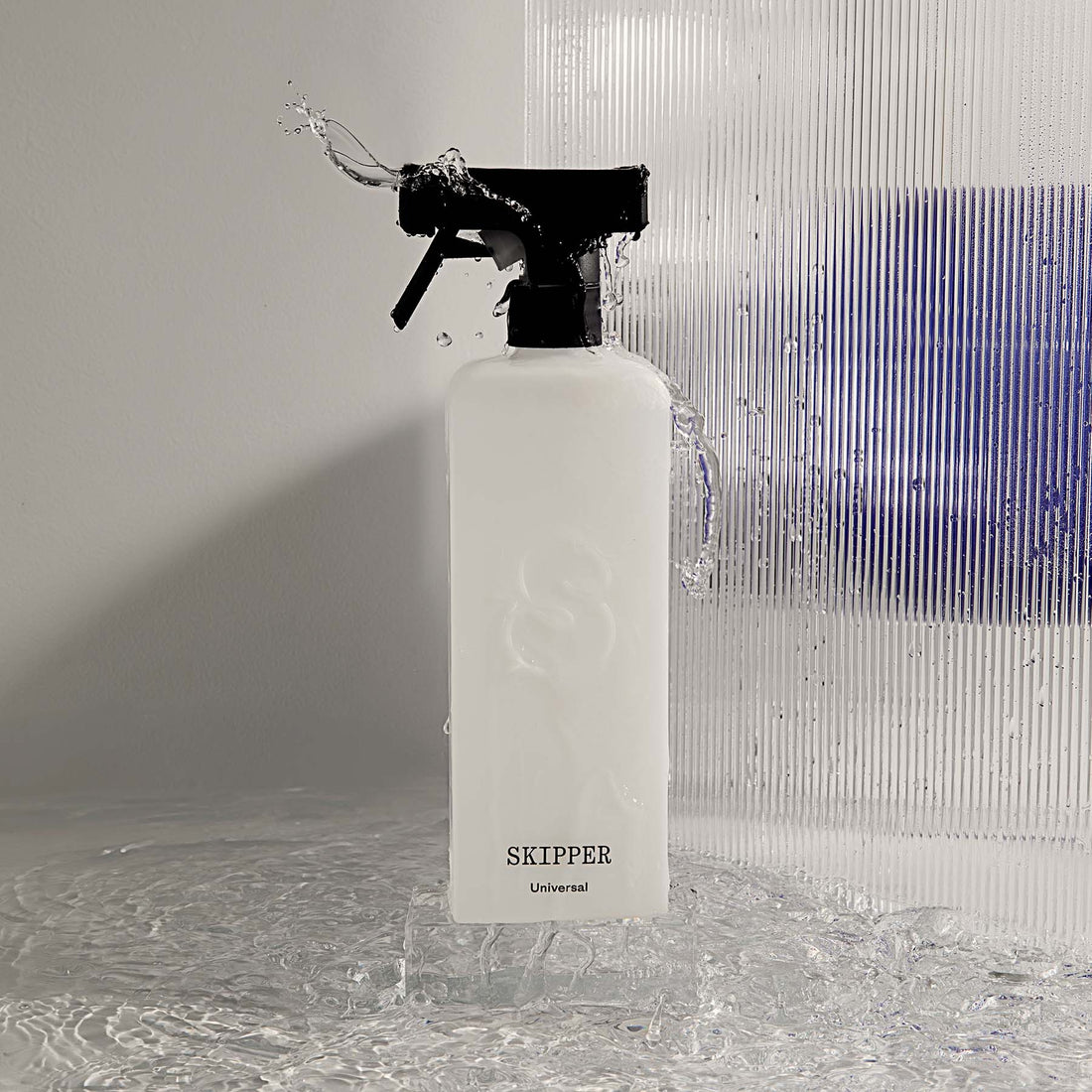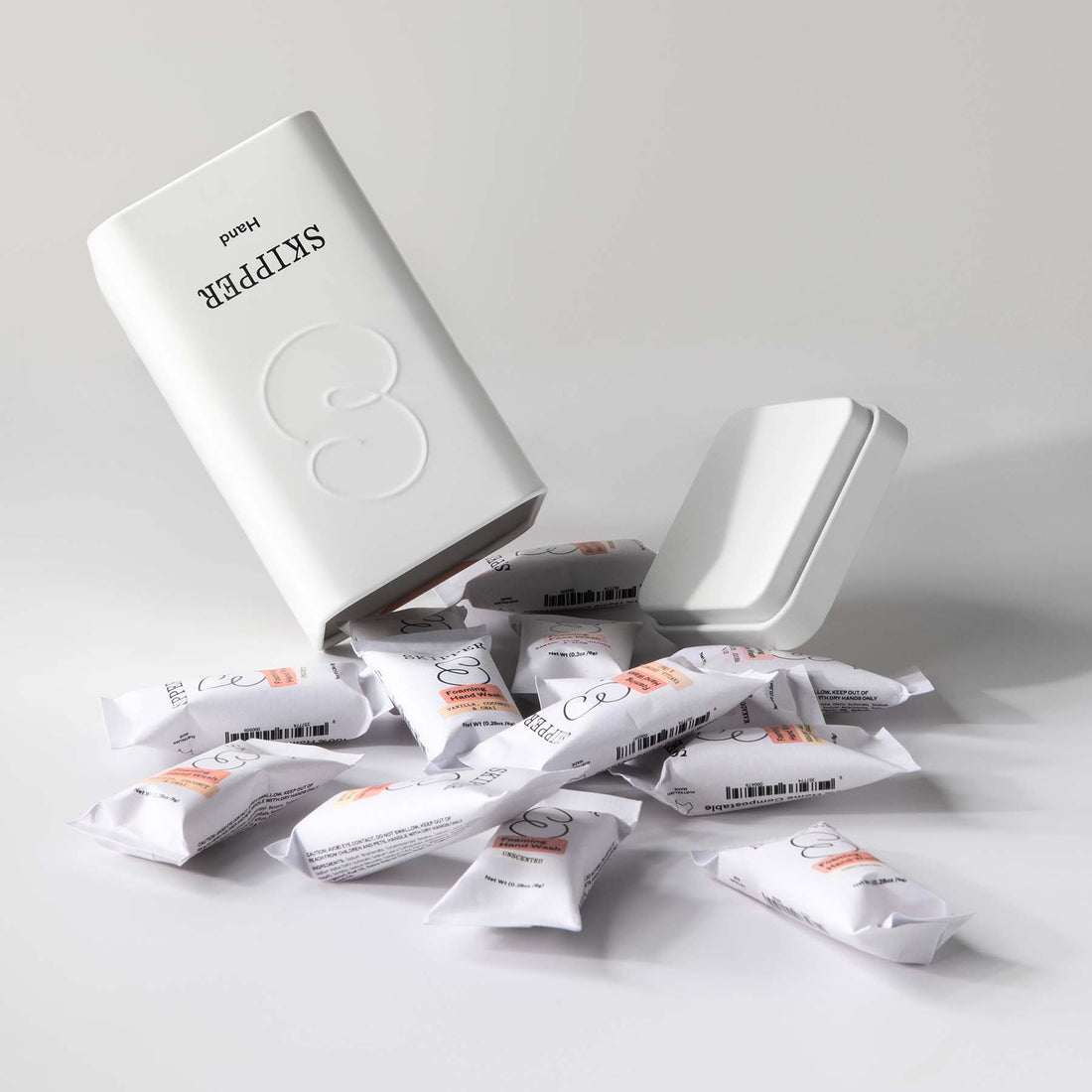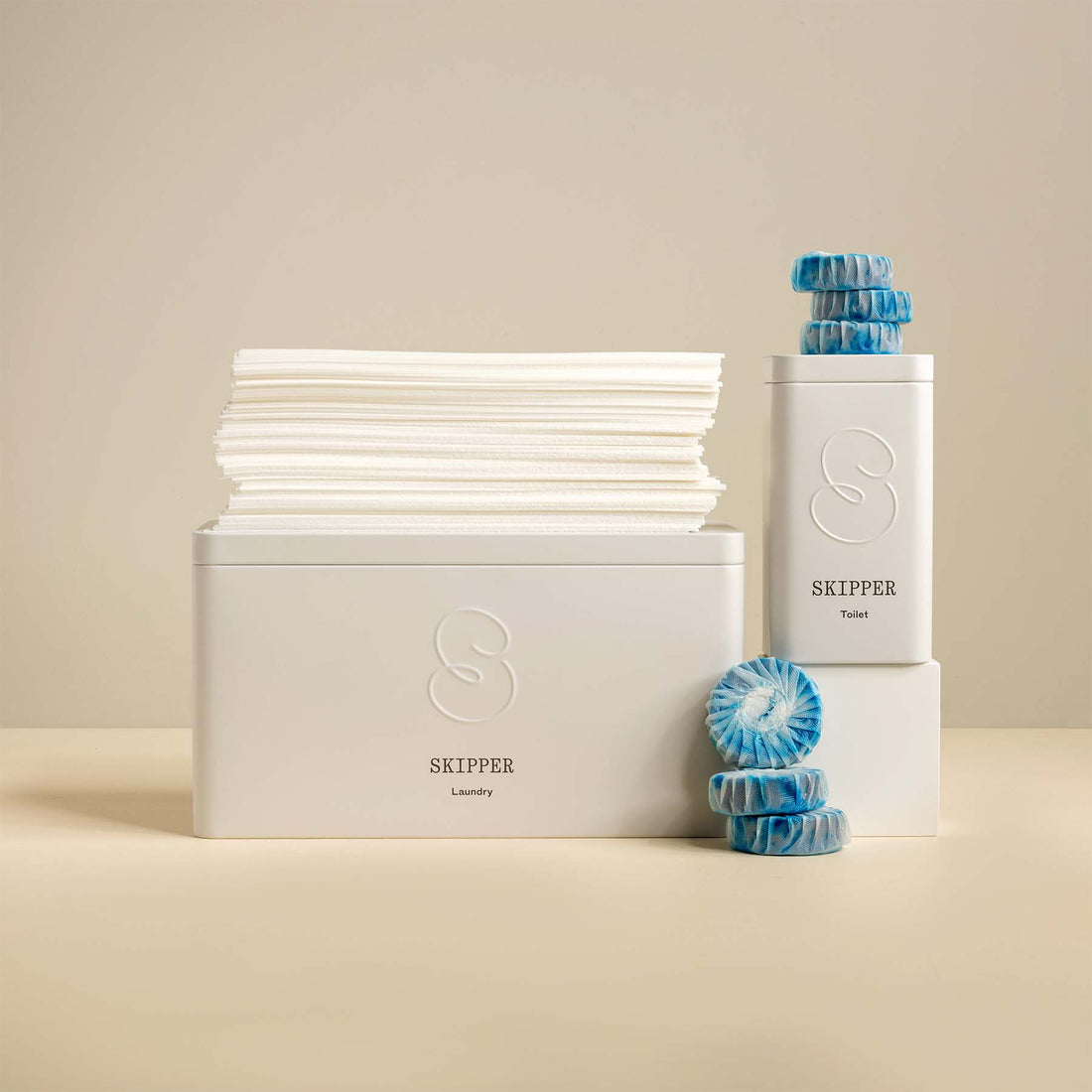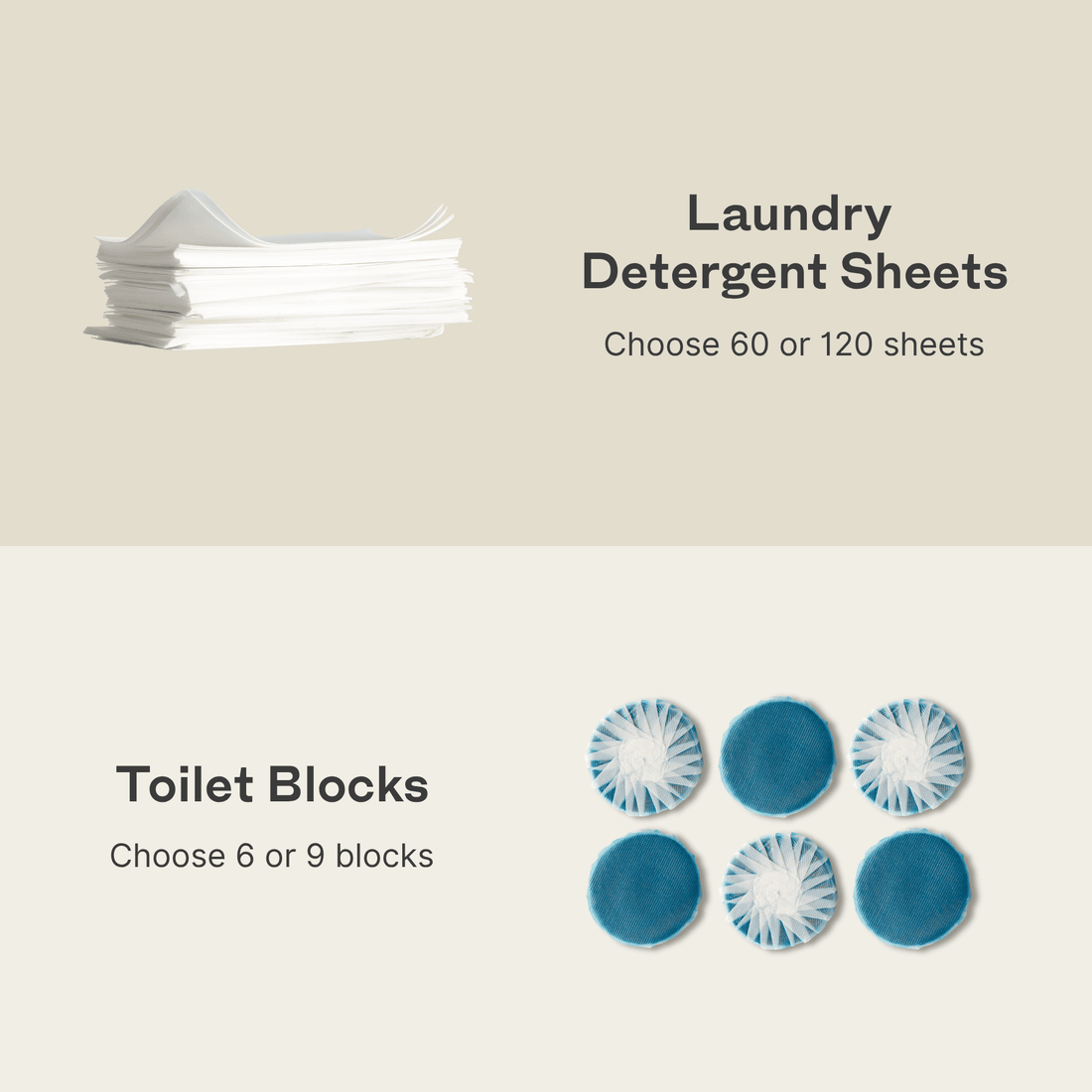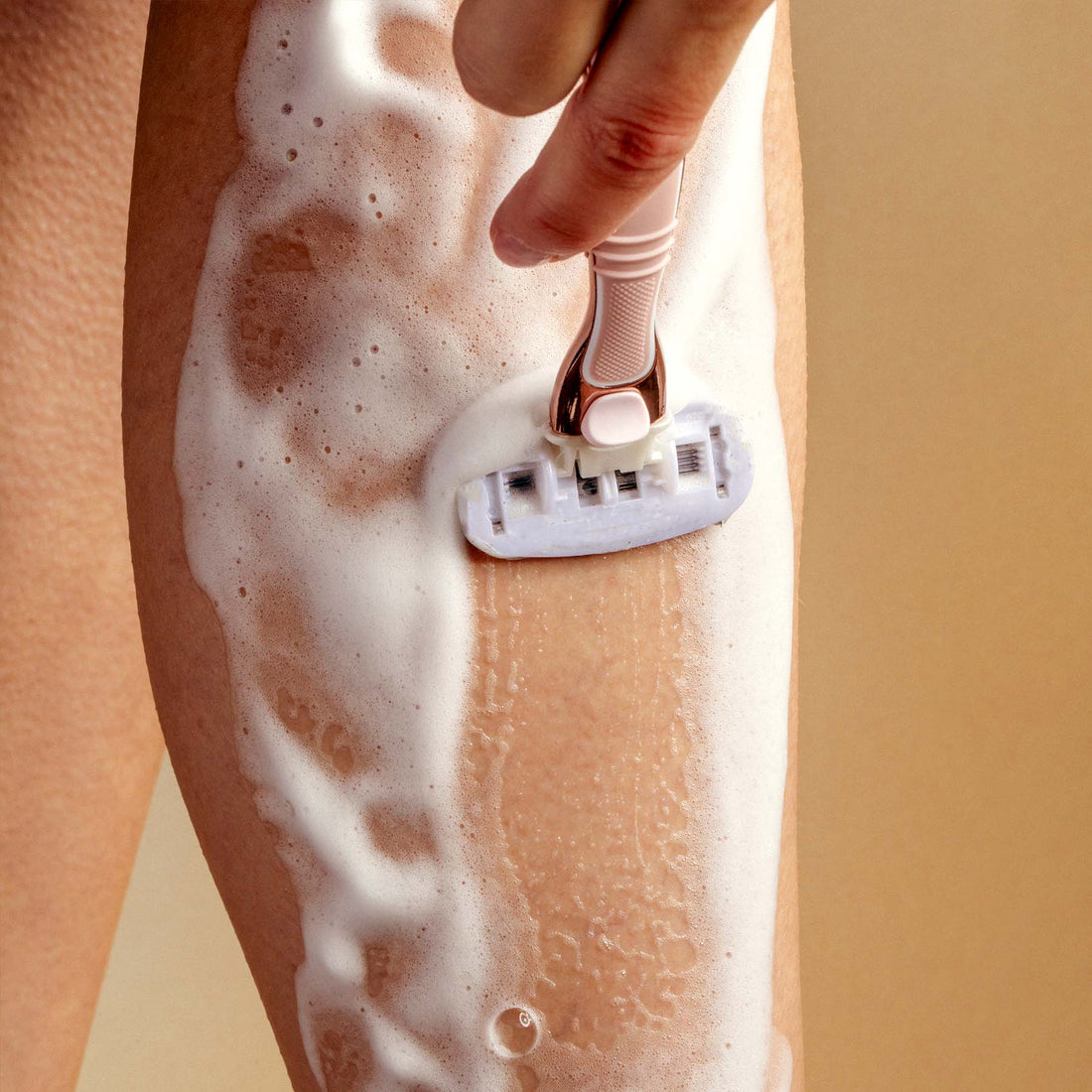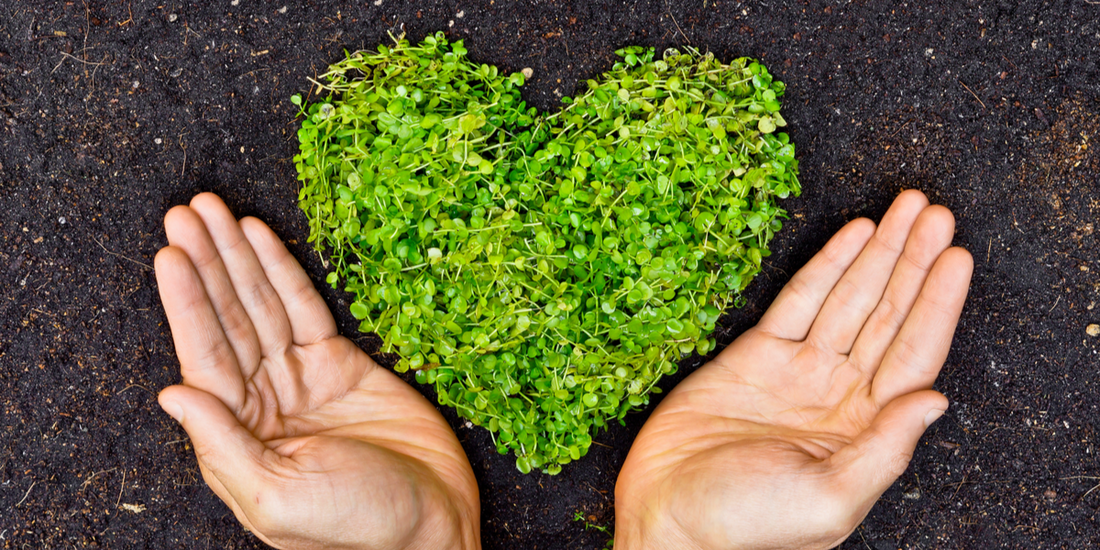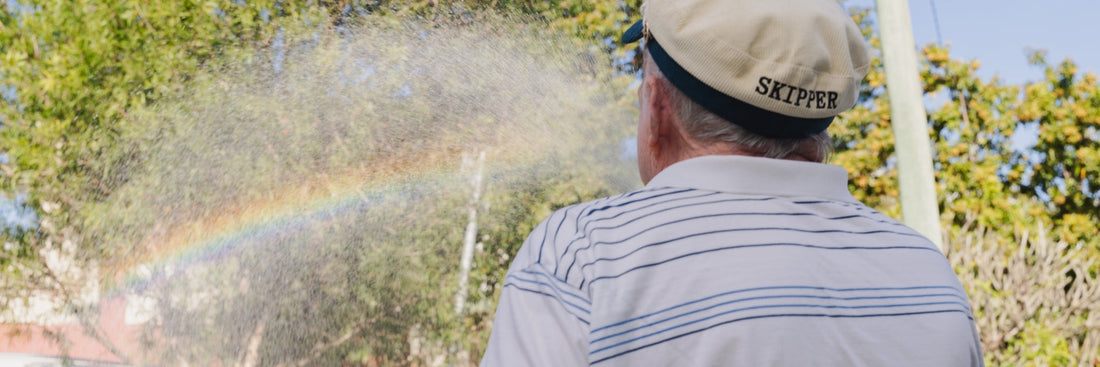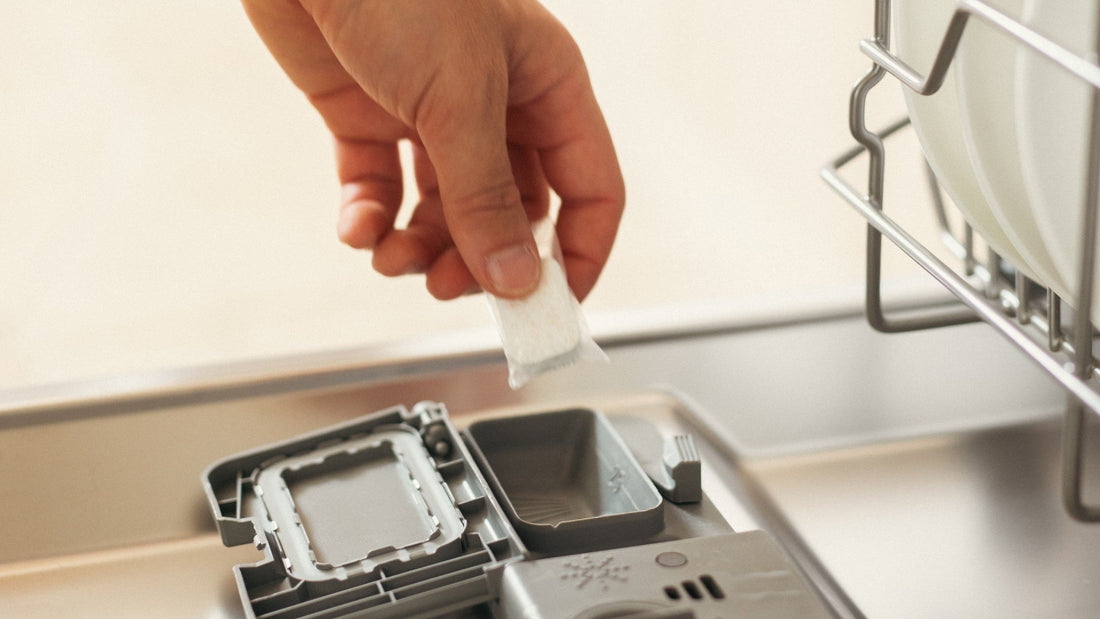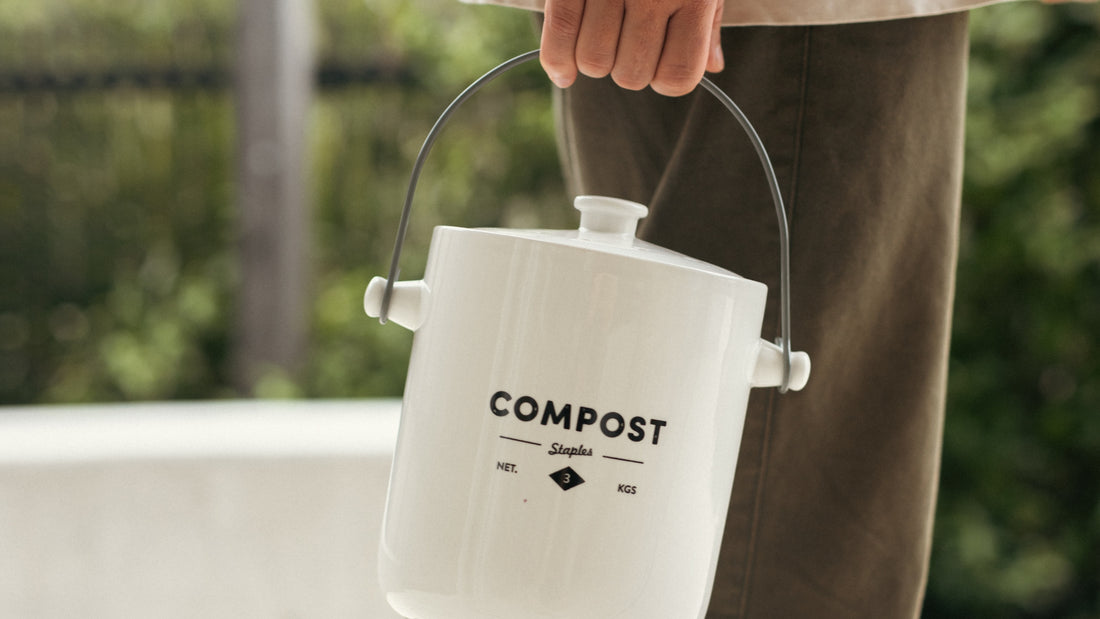While climate change and sustainability are a global concern, on an individual level the most important thing you can do for the environment is to live a more sustainable and eco-friendly life this summer.
Here are 20 tips you can follow for an eco-friendly sustainable summer which will not only reduce your carbon footprint but also help you save money:
1. Reduce Food Waste
Food wastage creates a significant impact on sustainability. When you throw away food it ends up in a landfill where the decomposition process releases methane gas into the atmosphere and contributes to global warming.
Turn your food scraps to fertiliser for plants by composting. It helps your plants flourish and your garden look beautiful while reducing greenhouse gas emissions from landfills.
2. Wash Clothes in Cold Water and Avoid Using a Dryer
Wash clothes in cold water and hang them to dry instead of using the dryer. Less heat generated means fewer greenhouse gases are emitted into the atmosphere from power used during drying cycles. There’s also no risk of mould growth when hanging clothes outside.
The energy you save will result in significant savings on your power bills and reduce your carbon footprint.
3. Replace Plastic Containers
Replace plastic containers for food storage with biodegradable containers made from glass stainless steel or ceramic.
Unlike plastic containers, these don’t leak chemicals into the foods and liquids stored inside them when heated in a microwave oven.
There’s also no need to worry about toxic substances building up on your plates. If you are really concerned about safety, make sure any container has a tight seal around its edges. This way nothing leaks from within while allowing you to use the microwave safely.
4. Avoid Single-Use Plastic Bottles
Instead of buying plastic dispensable bottles, carry a reusable water bottle to fill up at the office or school's drinking fountain.
This will save you money and is an eco-friendly option.
5. Replace Paper Towels with Cloth Napkins
Use cloth napkins and towels for drying hands instead of paper towels which are often thrown away after one use and usually end in landfills.
These can be washed and dried quickly in summer, so you have an ample quantity ready for use when needed.
6. Switch to Chemical-Free Cleaning Materials
Chemical cleaners contain many harmful substances such as bleaching agents or ammonia that can harm your health and the environment.
Natural cleaners are made with ingredients that can be found in your kitchen such as lemon juice, vinegar and baking soda.
White distilled vinegar mixed with different amounts of water is perfect when you need something more powerful than just soap but not too strong to cause harm.
Cleaning products made from natural ingredients have been used all over the world without any harmful effects. They are also safe around pets.
Many commercially available natural disinfectants include essential oils such as lavender oil which is calming yet has antibacterial properties which safeguard your health and keep surfaces in your home clean without releasing toxic chemicals into the atmosphere.
7. Sell or Donate Old Clothes
In the garment manufacturing industry, it takes a large amount of capital energy and other natural resources to produce a single garment.
These cause environmental pollution that impacts the planet's delicate ecosystem.
Thrift shops or online platforms for reselling products offer a great way for you to save money and help reduce wastage. Reusing clothes helps preserve them too.
When people buy used items, there’s less need to make new ones. This means there’s less waste generated during the manufacturing process. It also results in lower carbon emissions due to reduced transportation needs since fewer raw materials have had their journey started.
8. Get Into the Habit of Recycling
Recycling seems like a no-brainer but not everyone does their part in keeping our planet clean.
A few extra minutes every day could save years down the road for a growing family running out of space because more people are living in the home and space is a constraint.
Recycling bottles, cans, tabs, plastic containers, magazines, cardboard boxes and other items are one of the best ways to reclaim much-needed space.
9. Drive Less When Commuting
Excessive use of cars has a crippling consequence related to personal carbon footprints. It consumes large quantities of natural resources which pollutes the environment.
For sustainable living this summer, reduce vehicle usage by opting to walk or using public transport for longer distances.
In addition to the environmental benefits, walking or biking is a great form of exercise.
10. Use Water Sensibly
Water is the most precious resource on the planet and needs to be preserved. Australians use an enormous amount of water for drinking, cooking, washing driveways, watering plants and other purposes compared to many other countries.
Preserving water is a necessity, especially in the years when rainfall is scanty and dam levels run low. To conserve water turn off your faucet while brushing your teeth or shaving. Use a low flow showerhead to cut down on the water used.
Water plants in the early hours of the morning or in the evenings when the sun isn’t harsh.
11. Install a Rainwater Tank
Rainwater tanks are an excellent way of conserving and reusing water especially in areas where it is not uncommon for them to be scarce or even non-existent.
If you have gardens or a lawn, using rainwater to water them will save on fresh water that could have otherwise been used for drinking, cooking, bathing and other essential functions.
It will also reduce water bills, your carbon footprint and make your home more sustainable.
12. Monitor Your Energy Consumption
Keep a tab on the amount of energy you consume at home. Minimising energy use in the home is one of the best ways to reduce your carbon footprint.
Use energy efficient light bulbs and appliances. Turn down the thermostat in your refrigerator during summer.
Before going to bed, switch off or unplug appliances that aren't being used. Even small items such as mobile phones plugged into an outlet for charging add unnecessary strain onto our electrical grid.
13. Choose Energy-Star Appliances
If you need a new appliance, check the Energy Star rating before making a purchase.
Energy Star appliances use anywhere between10 to 50% less energy than non-energy efficient appliances.
For instance, refrigerators account for 20% of a household’s power consumption and a fridge with a high energy stary rating uses less power and helps significantly reduce power bills.
14. Turn Your House into a Smart Home
Smart homes allow you to automate the control of lights, arm security systems, turn on a television, or schedule calendar events through your smartphone.
Smart homes play an important role in minimising your carbon footprint and promoting sustainability.
Whether it’s your smart electrical outlets, smart lighting system or other smart home device, each represents a step towards energy independence.
15. Support Local Businesses
Shop locally to support local business. farmers and businesses.
Local shops and farmers markets have minimal packaging options which reduces your carbon footprint.
If your home needs repairs, employ tradespersons who live in the local area instead of those who need to travel long distances in fuel-guzzling vehicles to come to your house.
16. Use Water-Based Decorative Paints
When decorating your home, choose water-based paints containing natural pigments.
Oil-based paints are not as eco-friendly as they could be. Water-based paints are aesthetically pleasing and have a range of colour options.
17. Install Double-Glaze Windows
Double-glazing technology has rapidly evolved, and windows no longer look ugly after glazing.
In the long run, double-glazing will reduce energy costs and insulate your home, so you spend less energy to keep it comfortable.
18. Replace Blinds with Thick Curtains
Although blinds may be fashionable in some rooms, thick curtains are better in others, particularly in the bedroom.
They can be great for conserving energy in summer and keeping rooms cool and dark.
19. Choose Wooden Window Frames
Window frames made using Unplasticised Polyvinylchloride (UPVC) can be quite polluting since they can emit compounds which are toxic.
Wooden frames are more environmentally friendly and with proper care are as sturdy and durable. They have a lower impact of the environment and are perfect for any eco-project.
20. Choose Natural Skincare and Beauty Products
Many popular brands of shampoo, toothpaste and cosmetics can contain toxic ingredients like parabens which have been linked to cancer.
Natural beauty products are better for your health but also for the environment as they are made with ingredients that can be found in nature and don't contain any toxic chemicals or artificial fragrances.
At Skipper, we’re proud to announce that our soap tablet wrappers are plastic-free and TUV certified home compostable and one of the first of their kind. They are made from sustainably sourced kraft paper and a special type of polylactic acid (PLA), which has similar water-resistant properties like plastic but is made from materials like sugarcane and corn. Our soap wrappers will fully decompose within 12-24 months in a typical home composting environment and as quickly as 6 months under ideal conditions.















































